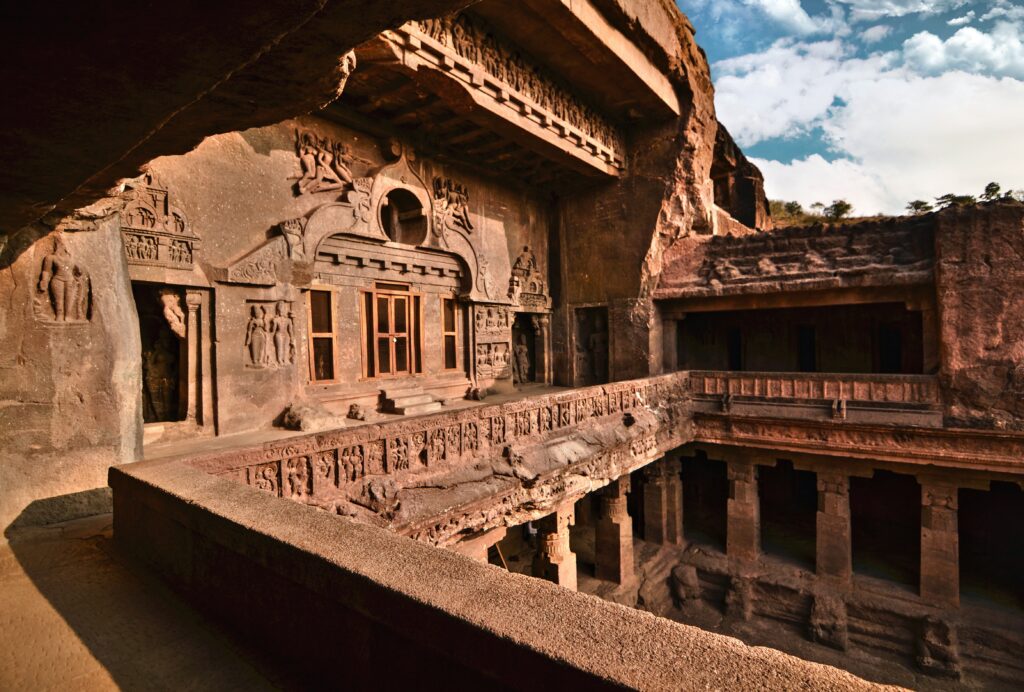Table of Contents
Embarking on a Voyage of Discovery
Unraveling the mysteries of the past, deciphering historical secrets, and understanding human evolution – if these concepts stir a sense of intrigue and excitement within you, then a Bachelor of Arts in Archaeology might be your ideal academic pursuit. An all-encompassing discipline, archaeology seamlessly melds history, culture, and science to reveal the diverse layers of human existence.

Identifying the Right Fit: Who Should Opt for a Bachelor of Arts in Archaeology?
A Bachelor’s degree in Archaeology beckons those who:
- Seek knowledge about ancient civilizations and societal progress.
- Show a keen interest in fieldwork and thorough research.
- Demonstrate a strong attention to detail.
- Thrive on the thrill of discovery and the spirit of adventure.
If you identify with these attributes, a Bachelor of Archaeology can pave the way to a captivating career.
A Comprehensive Look at the Bachelor of Archaeology Curriculum
The Bachelor of Archaeology curriculum is a meticulously crafted three-year program that combines theoretical learning, hands-on experience, educational field trips, and detailed project work. It covers:
- An In-depth Analysis of Ancient and Medieval History
- Fundamental Concepts of Archaeology
- Study of Art and Iconography
- Introduction to Epigraphy and Palaeography
- Insights into Numismatics
- Advanced Archaeological Techniques and Practical Field Archaeology
- Overview of Museology
- Exploration of Ethnoarchaeology
Demystifying the Admission Process for a Bachelor of Archaeology
The admission process for a Bachelor of Archaeology usually involves:
- An entrance exam to evaluate the applicant’s academic prowess.
- A personal interview to assess the candidate’s interest and aptitude.
- Some universities may also consider the 10+2 scores in the admission process.
- Strong command over English and a substantial foundation in History are definite advantages.
Preparing for Entrance Exams
While some universities conduct their proprietary entrance exams, others accept scores from renowned national level examinations such as:
- CUCET (Central Universities Common Entrance Test)
- DUET (Delhi University Entrance Test)
Strengthening your knowledge in history, enhancing your general awareness, and polishing your language skills can help you ace these examinations.
Spotlight on Top Archaeology Colleges in India
India is home to several esteemed institutions offering a comprehensive Bachelor of Archaeology program. The top contenders include:
- Delhi University, New Delhi
- Banaras Hindu University, Varanasi
- Osmania University, Hyderabad
- University of Calcutta, Kolkata
- University of Madras, Chennai
Exploring Career Prospects Post the Course
Upon successful completion of a Bachelor of Arts in Archaeology, graduates can explore a variety of career paths:
- Field of Archaeology: As a field archaeologist, museum curator, conservation officer, and more.
- Academic Sector: As a lecturer, researcher, or academic writer.
- Heritage Management: Working with cultural heritage bodies as a manager or officer.
- Government Sector: Serving in bodies like the Archaeological Survey of India, National Museum, etc.
- Tourism Industry: As a tourist guide, travel blogger, or content developer.
Pursuing higher studies can also open up exciting opportunities for international research and exploration.
Conclusion
A Bachelor of Arts in Archaeology goes beyond being a mere academic course; it’s a passport to an exciting voyage through human history. With a fine blend of knowledge and practical skills, this course equips you with an in-depth understanding of past civilizations and their cultural nuances. If you carry an explorer’s spirit and a researcher’s acumen, this pathway might be your ideal career choice.
FAQs
1. Is a Bachelor of Arts in Archaeology open to students from all streams? Yes, regardless of your stream in 10+2 (Science, Commerce, Arts), you can apply for this course, provided you meet the specific university’s eligibility criteria.
2. What is the level of competition for the entrance exams for a Bachelor of Archaeology? Competition levels can vary depending on the university and the number of applicants. Proficiency in history, general knowledge, and English is generally beneficial.
3. Can foreign students enroll in a Bachelor of Arts in Archaeology in India? Yes, several Indian universities accept international students. It is advisable to check the specific university’s guidelines about international admissions.
4. What postgraduate options are available after a Bachelor of Archaeology? There are a plethora of postgraduate options available. Students can opt for an MA in Archaeology, Heritage Management, Museology, or even branch out into related fields like Anthropology or Historical Studies. Some may also choose to pursue research-focused courses, leading to a Ph.D.
5. Is there any provision for distance learning or online courses in Archaeology? While the nature of the course necessitates significant hands-on work and field visits, some institutions might offer hybrid courses or online modules for theoretical parts. It’s best to check the details with the respective universities.
